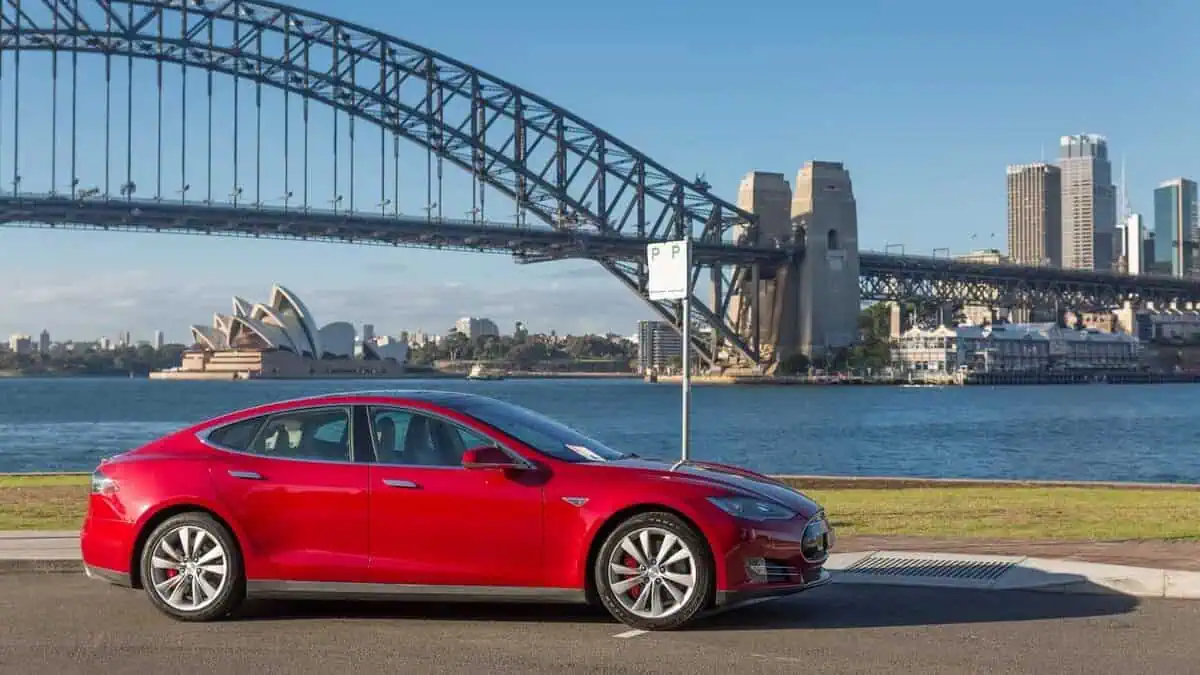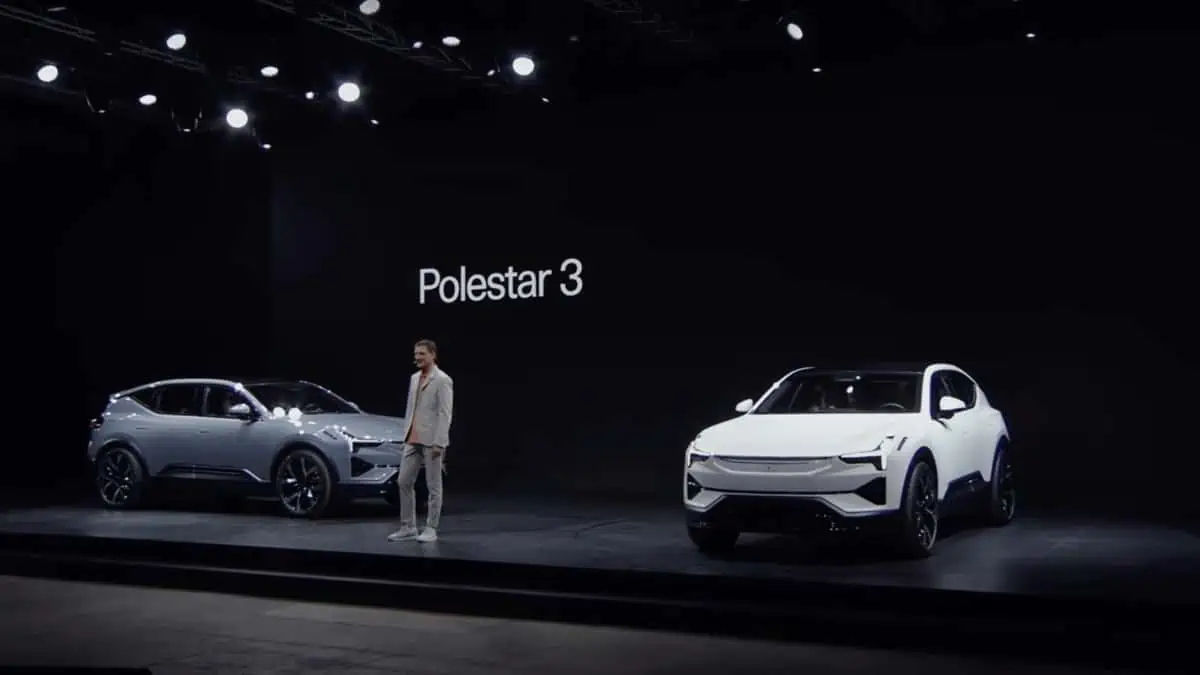In a remarkable feat, Tesla has enjoyed a surge in sales in Australia, leading to a near depletion of its inventory.
For context, the American electric automaker achieved significant milestones in May regarding the famous Tesla Model 3 sedan and Model Y SUV.
The Tesla Model 3 sold 1298 units in May, raising the year-to-date sales to 10,117. Meanwhile, Model Y sold 3178 in the same month, totaling 8442 YTD.
Model Y surpasses Toyota’s RAV4, secures third place in overall vehicle sales
Remarkably, Tesla Model Y’s strong May performance propelled it to surpass Toyota’s RAV4 as the top-selling SUV in the country.
Additionally, the American electric SUV claimed the third spot in overall vehicle sales, following the Toyota HiLux and Ford Ranger.
Depleting inventory and growing demand
Tesla’s inventory in Australia has dwindled to a handful of vehicles due to enticing promotions, including three months of free supercharging and a $4,000 discount on selected models.
In June, Western Australia and Queensland had only 10 and 3 new Model Y cars in stock, respectively.
Meanwhile, Tasmania has two Model 3 units and five Model Ys, leaving the total number of available Teslas in Australia at a mere 20.
Growing consumer enthusiasm toward EVs
Australia has seen a significant increase in enthusiasm for electric vehicles. Daily Mail reports that almost half of all drivers are willing to replace their petrol cars with electric alternatives, citing a recent BMW-commissioned study.
The study, involving over 1000 Australian motorists, revealed that two out of three motorists consider electric vehicles the future of transportation. Additionally, 48% of the respondents consider buying a battery electric vehicle.
It is also worth noting that 50% of the respondents expect to have an internal combustion engine vehicle in 2025. However, only 8% of them anticipate owning one by 2040.
This growing interest aligns with the country’s efforts to introduce a fuel-efficiency standard. For instance, industry groups like Climate Council and Climate and Health Alliance propose a ban on petrol and diesel vehicle sales in Australia by 2035. They aim to reduce vehicle pollution and encourage the adoption of low and zero-emission vehicles.
Challenges in EV Adoption
While Australian drivers are now starting to show interest in EVs, some hurdles are causing hesitation in making purchases.
Concerns about EVs’ affordability and the availability of charging infrastructure remain among Australians, the same study shows.
BMW’s commissioned study highlighted that the price of new electric cars is a major concern for participants, followed by charging station accessibility worries.
The study also revealed that only a small percentage of respondents (fewer than one in three) know the closest charging stations to their homes or workplaces.
EV market share and Tesla’s dominance
Federal Chamber of Automotive Industries disclosed that EVs accounted for 7.7% of all new car sales in Australia in May, up from just 3.8% in 2022.
Interestingly, German automaker BMW experienced a significant surge in its EV sales. The BMW and Mini vehicles enjoyed a year-on-year increase of 112% and 213%, respectively.
However, Tesla and BYD continue to dominate the local electric car market. Tesla’s Model 3 advanced as Australia’s third most popular vehicle in May, trailing only behind Toyota and Ford utes.
See Also:
- Tesla discreetly tests FSD software in Australia, per report
- Australia: Tesla Model Y advances as the top-selling SUV in May
- Tesla halts Model S/X orders in Australia and New Zealand
- Tesla to ship 10,000 new EVs to the Australian market
- Tesla rolls out FSD Beta in Europe and Australia
As Tesla celebrates its remarkable sales achievements and electric vehicle enthusiasm continues to grow, the future of sustainable transportation in Australia appears increasingly promising.






